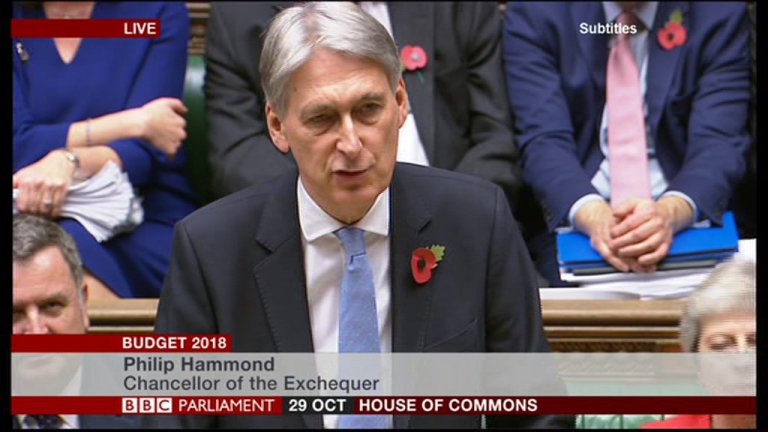In 2018, a fifth of Brits remain in poverty

Brexit calls for a radical rethink of the UK economic policy. The government needs to redistribute income and wealth and also take a more direct role in building industries. But there was little sign of that in 2018.
Wealth has continued to percolate upwards. The data published in February 2018 by the Office for National showed that the UK’s wealthiest 10% of households owned 44% of aggregate total wealth.
In contrast the least wealthy 50% of the households owned just 9% of total wealth and middle wealth households (51% – 90%) had 44% of wealth.
The latest Quarterly National Accounts showed workers’ share of gross domestic product had declined to 49.3%, compared to the 65.1% in 1976.
The government policies of austerity and freezing benefits hit the poorest 10% of households harder than the richest.
The UK is one of the richest five economies in the world, but 14.2 million people (nearly a fifth of the population) including 4.5 million children, live in poverty.
During the last five years, low wages have pushed more than 500,000 additional people into poverty.
People with jobs have to rely on foodbanks to make ends meet. This has happened with the visible hand of government policies and drew an unprecedented rebuke from a UN rapporteur who said that Ministers are in a “state of denial” about poverty.
The UK household saving rate, which measures total savings as a share of total disposable income, stood at 4.3%. Too many people are just managing.
Almost 10 million people have savings of less than £1,500 and will struggle to meet emergencies. 71% of households (19.3 million people) have less than £10,000 in savings.
Too many people are caught in the debt trap and are not in position to reflate the economy. Personal debt reached £1.613 trillion compared to £1.564 trillion in 2017.
Higher household bills, wage freezes and austerity policies imposed by the government have depleted people’s savings. Many will never be able to repay the debts. Buying a house has become a distant dream for many.
Taxation policy can be used to redistribute income/wealth but there was little sign of that.
The government has implemented a kind of reverse socialism which forces the poorest to bear the highest level of taxes.
The government statistics show that the poorest 20% of households pay 29.7% of their income in indirect taxes and 12.7% in direct taxes i.e. 42.4% of their income, compared to the richest 20% paying 14.6% of their income in in indirect and 23.2% in direct taxes i.e. a total of 37.8% of their income.
The wealthy elites have continued to avoid taxes as shown by the Panama Papers, Luxembourg leaks, HSBC Leaks and Paradise papers.
Too many companies ranging from HMV, Thames Water, Google, Amazon and others dodge taxes. Yet in 2018 there were hardly any test cases brought against the big avoiders or the rampant tax avoidance industry operated by big accountancy firms.
The relentless attack on wages through anti-trade union laws, the loss of skilled jobs in the manufacturing sector, low wages, automation and failure to redistribute wealth has severely diluted people’s purchasing power.
This has been accompanied by profiteering by gas, water, electricity, transport and other companies controlling essential supplies.
Unsurprisingly, many city centres have become economic deserts and there is little relief in sight.
Whatever the outcome of Brexit, the social squalor engineered by neoliberal economic policies will remain a threat to social stability and need to be urgently addressed.
The current government has shown little inclination to address the problems. Only a new government with radical policies can begin the task of social and economic rejuvenation.
Left Foot Forward doesn't have the backing of big business or billionaires. We rely on the kind and generous support of ordinary people like you.
You can support hard-hitting journalism that holds the right to account, provides a forum for debate among progressives, and covers the stories the rest of the media ignore. Donate today.



